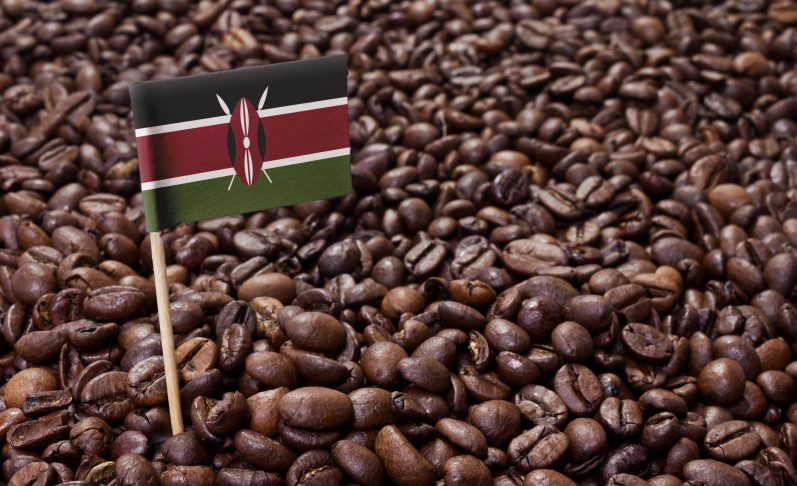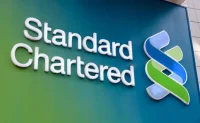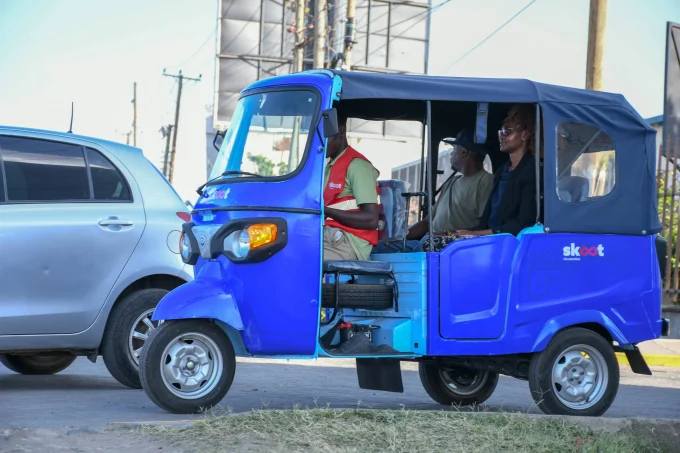The European Union (EU) is a significant trading partner to Kenya, representing Kenya’s biggest export market at 21.1%, with coffee exports accounting for the largest share at 55%.
Even so, starting December 30, 2024, Kenya’s coffee risks being banned from entering the EU market if the country does not comply with the new European Union Coffee Regulation. This regulation writes into law the goal of reducing economy-wide greenhouse gas emissions by at least 55% by 2030 for Europe’s economy and society to become climate-neutral by 2050, as outlined in the European Green Deal.
By itself, the regulation is called the European Union Deforestation Regulation (EUDR) or Regulation (EU) 2023/1115, and it is part of a broader plan of action to tackle deforestation and forest degradation not only in the EU but globally.
> New Partnership to Enhance Marketing of Kenyan Coffee
“Climate change, biodiversity loss and deforestation are concerns of the highest global importance, affecting the survival of humanity and sustained living conditions on Earth,” says the European Parliament. “EU rules to guarantee that the products EU citizens consume do not contribute to deforestation or forest degradation worldwide.”
So, they adopted the groundbreaking legislation in 2023 in an effort to halt commodity-linked deforestation, which is crucial for policies on climate change and biodiversity or nature loss. Examples of commodities and products associated with deforestation and forest degradation include coffee—why Kenya is affected—along with cocoa, soy, palm oil, rubber, wood, and cattle, as well as some of their derived products, such as leather, tyres, or furniture.
“As a major economy and consumer of these commodities linked to deforestation and forest degradation, the EU is partly responsible for this problem, and it wants to lead the way to solving it,” the EU says.
But why does Kenya’s coffee risk being locked out of the EU?
It is because the new European Union Deforestation-free Regulation (EUDR) is set to impact trade and imports by enforcing stricter sustainability standards, particularly for export companies from developing countries. These companies will face more stringent compliance obligations to ensure that products associated with deforestation, such as coffee in this case, are not traded on the EU market.
When a product, like coffee or timber, is produced, the importer or the first seller in the EU must provide proof that it is not linked to deforestation. As the product is sold and resold along the supply chain—passing through traders, processors, manufacturers, and distributors—each actor must keep this proof intact and pass it on to the next buyer, explains CLECAT, a representative of more than 19,000 companies in logistics, freight forwarding, and customs services to the EU.
Article 9 of the EUDR specifies the product-related information that must be assessed, including details specific to the product and its supply chain. Article 10 requires all operators and traders to provide additional contextual information needed to assess the level of risk, such as the state of forests within the country of production.
For that matter, Kenya’s coffee imported into the European market must be traceable at the farm level; however, the government has not yet set up the required digital systems for deforestation-free supply chain management.
Although the EU Information System, where businesses will register, is ready to start accepting registrations in early November, the country’s readiness is questionable because, for many smallholder coffee farms, there are still no monitoring systems in place to enable traceability and gather other location data, which is crucial when filing due diligence statements to sell coffee to the EU.
Dr Andrew Mwihia Karanja, the Cabinet Secretary of the Ministry of Agriculture and Livestock Development, has said, however, that a multi-agency technical committee has been formed to evaluate Kenya’s readiness and develop a comprehensive compliance framework before the EUDR deadline.
> High demand and prices lure farmers back to coffee farms













Leave a comment